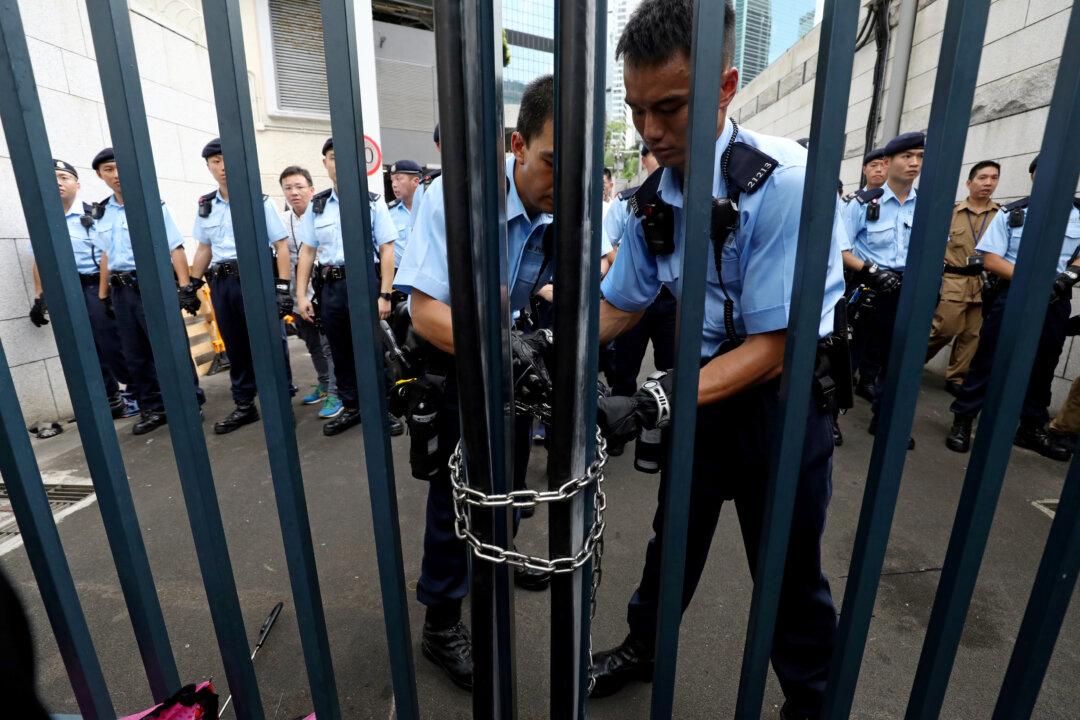HONG KONG—Hong Kong protesters have managed to pull off an unlikely victory, forcing the city’s Beijing-appointed leader to suspend an extradition bill that would have allowed individuals to be sent to China for trial.
But the victory has come at an uncertain cost for 24 people arrested during the largely peaceful demonstrations, with the government saying those at the frontline, charging at police with umbrellas for instance, would be shown no clemency.





